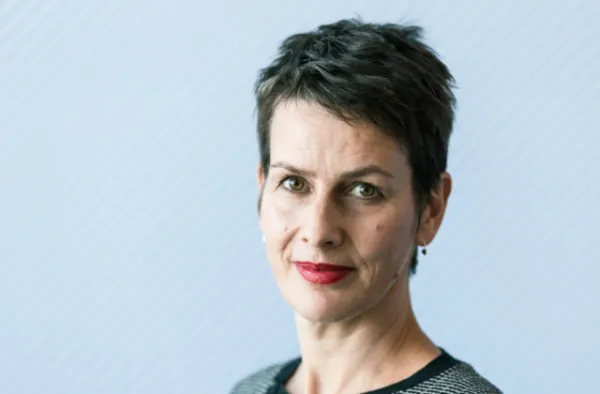Netherlands

Conny Roggeband
I am an associate professor at the political science department. I have written extensively on the politicization of gender-based violence, gender mainstreaming and equality policies, social movements and transnational feminist networking based on research conducted in the Netherlands, Spain and Latin America.
My current work focuses on the implications of democratic backsliding for gender equality policies in Central and Eastern Europe and Latin America. What patterns of dismantling and resilience of gender policies can be found in these contexts and how does this affect gendered democracy? With Andrea Krizsan I was invited to write a working paper for UN Women on Democratic backsliding and the backlash against women’s rights.
This is also the topic of my recent book, co-authored (with Andrea Krizsan) Politicizing Gender and Democracy in the Context of the Istanbul Convention in which we discuss the pushback again the Council of Europe Convention on violence against women and domestic violence in Central and Eastern Europe. The study highlights how some determined governments are blocking or reversing important gains on the international legal front through concerted political and civic action and the wider implication this has for gender equality rights and democracy.
In the new Horizon Europe CCINDLE project I work with a group of European feminist scholars towards strengthening and re-invigorating European democracies starting from the assumption that feminist theories and activism are essential sources of both resistance to anti-gender discourses and politics.
I previously published The Gender Politics of Domestic Violence. Feminists Engaging the State in Central and Eastern Europe (co-authored with Andrea Krizsan) (Routledge 2018). I edited (together with Bert Klandermans) The Handbook of Social Movements Across Disciplines (Springer 2017); with Anna van der Vleuten and Anouka van Eerdewijk Gender Equality Norms in Regional Governance: Transnational Dynamics in Europe, South America and Southern Africa (Palgrave 2014), and with Jacquelien van Stekelenburg and Bert Klandermans The Future of Social Movement Research: Dynamics, Mechanisms and Processes (University of Minnesota Press 2013).
Research question: How does the rise of right wing populism and autocratization affect gender equality rights and movements defending those rights?
Opposition to gender equality and attacks on gender and sexual rights are a significant part of the current rise in authoritarian governments worldwide. Leaders with autocratic tendencies are trying to reverse progress in sexual and reproductive rights and often use openly sexist language against their citizens. Despite this, they still manage to gain wide public support and win elections that are more or less democratic.
Interestingly, these same autocratic regimes often highlight their political representation of women and offer more generous support for families and mothers. Prominent women politicians are often part of these authoritarian systems. These governments use women’s rights to strengthen their own power and advance their authoritarian agendas.
Conny Roggeband suggests that this contradiction needs further investigation: How do autocrats manage to simultaneously attack gender equality and promote certain women’s rights, and how does this strategy develop in the context of the current rise in authoritarianism?
